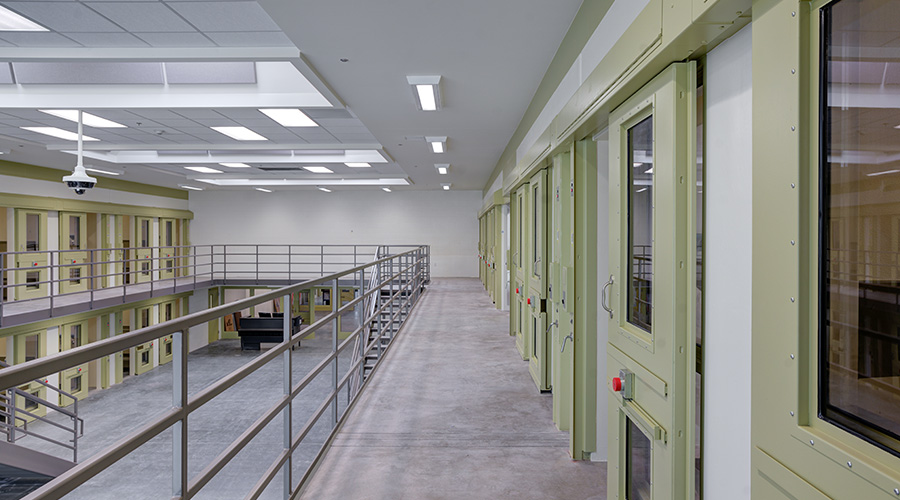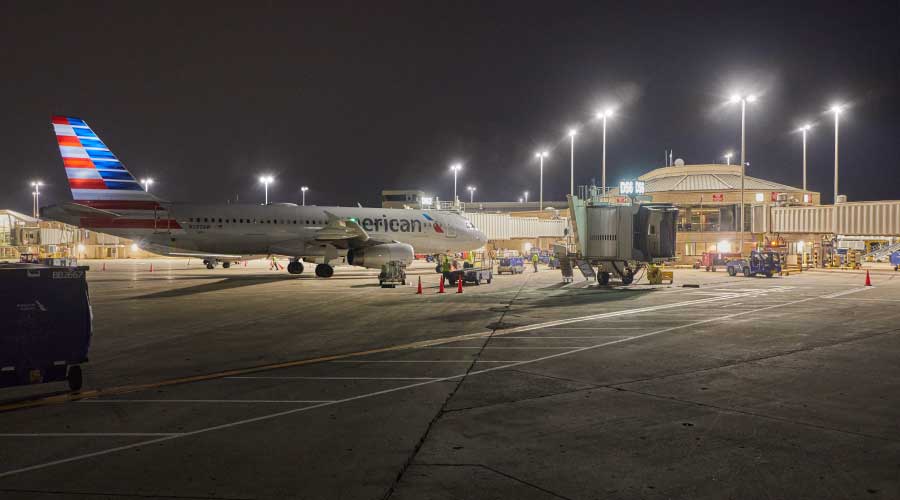The Role of Lighting Controls in Demand Response
Lighting controls also play a role in an organization's efforts to participate in a utility's demand-response program.
"Lighting controls play a big factor in the demand-response solutions to help reduce the peak demand charges for your facility," Jouaneh says. "Dimmable lighting is a great solution to reduce lighting load and cooling load — lights emit heat. That ties into the whole smart-grid technology, where you get a request from your utility to shed load to avoid peak-demand charges."
Manufacturers say more managers are asking about controls that contribute to demand-response strategies.
"It only makes sense," Brosius says. "If I'm going to be part of a demand-response program with a utility, why would I only want to include HVAC? I would want to include my lighting. They both are about 30 percent of my energy costs, and lighting is a lot less invasive than HVAC is."
As organizations continue to focus on environmental responsibility and undertake initiatives to lower energy use, more facility professionals are becoming energy managers. As a result, managers are looking for technologies that lower building-wide energy use and save on utility costs, which is no easy task considering the emphasis manufacturers are placing on the sustainability benefits their products offer.
Says Fournier: "One of the biggest challenges facility managers have with specifying lighting controls is sifting through the many energy-savings claims to determine which product can actually produce the performance claimed. Also, some control strategies are more complex than others."
Related Topics:

















